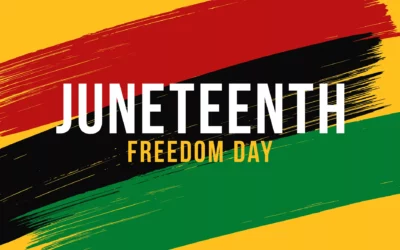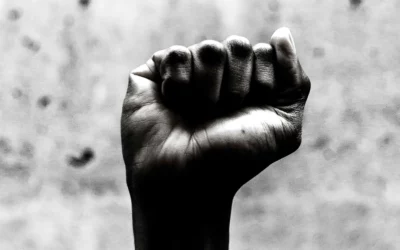What is Juneteenth? How is GKCCEH celebrating and educating?
Juneteenth History
Juneteenth is a federal holiday in the United States commemorating the emancipation of enslaved African Americans.
While the Thirteenth Amendment ended slavery throughout the United States, not everyone in Confederate territory was immediately be free. Even though the Emancipation Proclamation was made effective in 1863, it could not be implemented in places still under Confederate control.
As a result, in Texas, enslaved people were finally free on June 19, 1865, when ~2,000 Union troops arrived in Galveston Bay, Texas. The army announced that over 250,000 enslaved black people in the state were free by executive decree. This day is now known Juneteenth.
Attend the JuneteenthKC Heritage Festival
The JuneteenthKC Heritage Festival is taking place this weekend from noon to 10pm on Saturday, June 18. Be sure to check it out!
The Black Population and Homelessness
Even though enslaved people were set free, ingrained racism still exists in the United States criminal justice, education, employment, housing and other systems. This makes the widespread celebration of Juneteenth incredibly important.
Many people do not recognized the everyday disparities that black Americans face. For instance, in the United States, the black population is 2.5 times more likely to experience poverty, 5.4 times more likely to be incarcerated, twice as likely to be unemployed and 3 times more likely to experience homelessness.
This is unacceptable and there is much work to be done amongst our community and agencies that serve this community.
Ending Racial Disparities
If you are a part of an organization that serves any United States population, we challenge you to ask yourself: “Do we offer services that take into account black trauma? Is our staff trained to effectively communicate with someone whose cultural back ground differs from their own? Does our demographic leadership reflect the diversity of our clients?”
Fighting racism within the homeless system means recognizing that black needs are unique due to structural anti-blackness. Please spend this weekend not only celebrating the end of slavery but also use this time to reflect, rethink and restructure your work moving forward.









